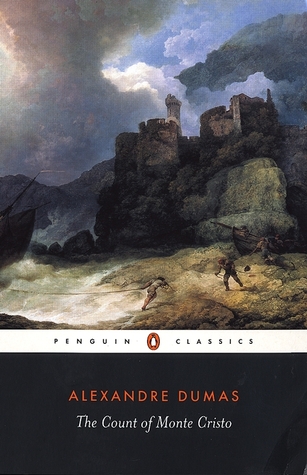

I would say the value of literature is highly subjective and depends on
the person. Some people will read a novel and interpret the piece completely different
from another person. That piece of literature’s value can be completely
different and shed different trains of thought. In my opinion the value of
literature is unlimited. Literature increases your knowledge, brings light to
different perspectives, brings illustration to certain thoughts, further broadens your horizon, teaches
lessons based on its content and many more. Some of the world’s most successful
and smartest people are constant readers. I consider mostly books, novels,
poetry, non-fiction, musical lyrics, and some types of films to be “literature”.
The sort of films I consider to be literature are the ones based off of books such
as The Lord of the Rings, The Great Gatsby, and many others. Some of the
greatest movies are based off of books and in turn I consider those types of
movies to be literature.
According to dictionary.com, literature is defined as follows "writings in which expression and form, in connections with ideas of permanent and universal interest, are characteristic or essential features, as poetry, novels, history, biography, and essays.”
I am mainly going to stem my definition from this one but I do incorporate some
movies so not all literature is “writing”. At least the transcript of songs and
movies are in writing. This definition
however is not the definition of literature.
The definition itself is very abstract but I do think this definition
has some important concepts of literature that all pieces of literature have
such as “expression and form” and “ideas of permanent and universal interest”.
The best piece of literature I have
encountered is the movie “The Count of Monte Cristo”. This movie is based off
of the book written by Alexandre Dumas. What makes this literature is the expression
and universal interests accompanied in the movie. The movie is about an
innocent man who is wrongly imprisoned and then brilliantly creates a strategy of
revenge against those who betrayed him. These ideas of “innocence”, “the comeback”,
“suffering”, and “justice” are ideas of universal and permanent interest. This
movie greatly expresses these motifs and themes of the movie throughout with its
actors, camera scenes, and the vivid detail of the story. What makes this
meaningful to me is this whole idea of “coming back” and “proving yourself”
even when others have wronged you. In this case, this man is imprisoned and
almost killed but his will power to not let up encourages me and again promotes
a universal interest. This movie is a great film and I encourage everyone reading
this to watch it.
Quick Video for Class Presentation:
Responses to Class Questionnaire:
What did you learn this year?
- I learned a lot from this year, but the thing I think I mostly learned was becoming a better writer and being able to evaluate and analyze other author's meanings and how they achieved their meaning. I really have improved my overall structure of paper writing (inverted triangle, blending quotations, topic sentences, thesis) and am better able to digress author's purposes of their writing.
What do
you think you'll take from this class as you move on to your senior year and
beyond?
- I think I will definitely take on the many important things you taught us in paper writing and how to "Show" writing rather than "Tell". I also will take away the knowledge of rhetoric I now have thanks to this class.
What did
you struggle with?
- I initially struggled with writing to show. I wasn't very good at trying to show my ideas rather than tell. I finally got it in the end but I did struggle with it.
What do you wish we had done more of?
- I wish we had done more of "synthesis" and "argument" essay practice. I really enjoyed the research paper and wish we could have done more of the other similar types of research paper. Also it would have helped more with the AP test, but I still think we were well prepared.


